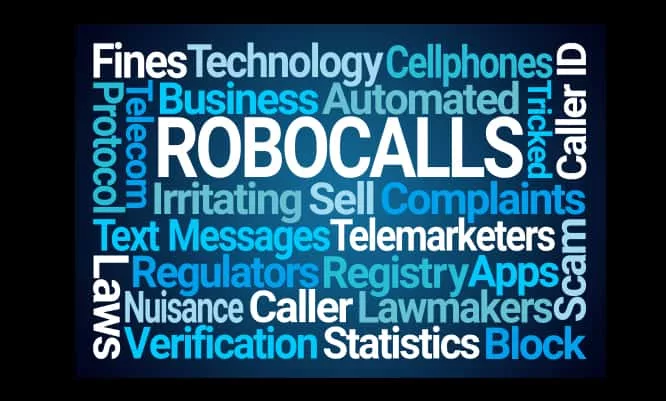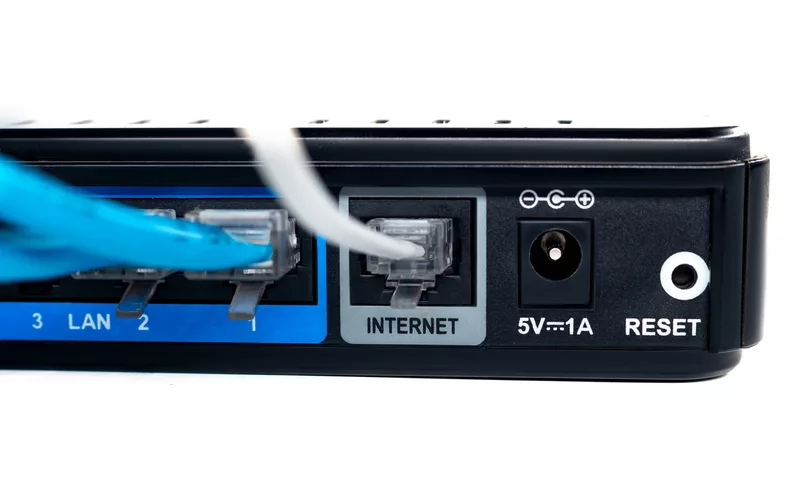
If it feels like you’ve gotten more spam calls than usual this year, it’s not your imagination – over two-thirds of Americans report receiving more spam calls in 2024 than in 2023. A research firm called WhistleOut analyzed data about robocalling in the U.S. and surveyed 1,000 adults about how they’re handling the increase in spam. While robocalls are widespread, not every state suffers equally:
Michiganders receive 1,389,666,800 robocalls annually, that’s 138 per person.
That’s only about one third of what people in Louisiana receive—the worst state for robocalls.
According to the FCC, U.S. consumers receive approximately 4 billion robocalls per month. Advances in technology have made it easy to bombard people with these kinds of calls. Virtually no one is safe with the majority of Americans now reporting they have been targeted by phishing or vishing scams through their phones.
The rise of AI and the current hyper-charged political environment of the U.S. could make the situation worse. Despite the practice being illegal, AI-generated voices have already been used in scams and political robocalls. Unfortunately, nearly half of Americans doubt they could identify an AI-generated robocall, leaving a potential opening for bad actors.
The survey’s findings show an out-of-control robocall epidemic targeting Americans of all ages and backgrounds.
WhistleOut’s findings show an out-of-control robocall epidemic targeting Americans of all ages and backgrounds.
Key Highlights:
- New Threats: Half of Americans lack confidence in their ability to spot AI-generated robocalls
- Victim Demographics: Millennials are the most susceptible to scammers, with an 80% likelihood of giving personal information to unknown callers
- Southern States Hit Hardest by Spam Calling: Louisiana residents receive the most robocalls per capita (339) in the U.S., followed by Georgia (307), South Carolina (248), Alabama (248), and Arkansas (238)
- Residents are fighting back: 44% of Americans have joined the national Do Not Call Registry. The top 5 states most proactive for filing on the Do Not Call Registry are Arkansas, Delaware, Ohio, Illinois, and Virginia
Some tips on how to combat robocalling and protect yourself from vishing scams:
- Ignore or block spam callers: Answering the phone lets scammers know that yours is an active number, so you stay on their lists. On your device, iPhones and Androids can block numbers if you’re receiving repeated calls, and blocking text messages is also simple.
- Avoid giving personal information to unknown callers: Even just confirming with a ‘yes’ when asked to verify your identity can give scammers a foot in the door to stealing your information. When in doubt, hang up and call the assumed business back with a known and trusted number.
- Do Not Call Registry: This is a government database tracking the phone numbers of individuals who have requested telemarketers not to contact them. Registering is free and open to anyone.
- FTC Fraud Report: If you have been defrauded by a spam call—or experienced one but managed to avoid becoming a victim—make sure to report it to the FTC. Your report is shared with law enforcement officials across the nation who warn other consumers and potentially use the information to shut scams down.





